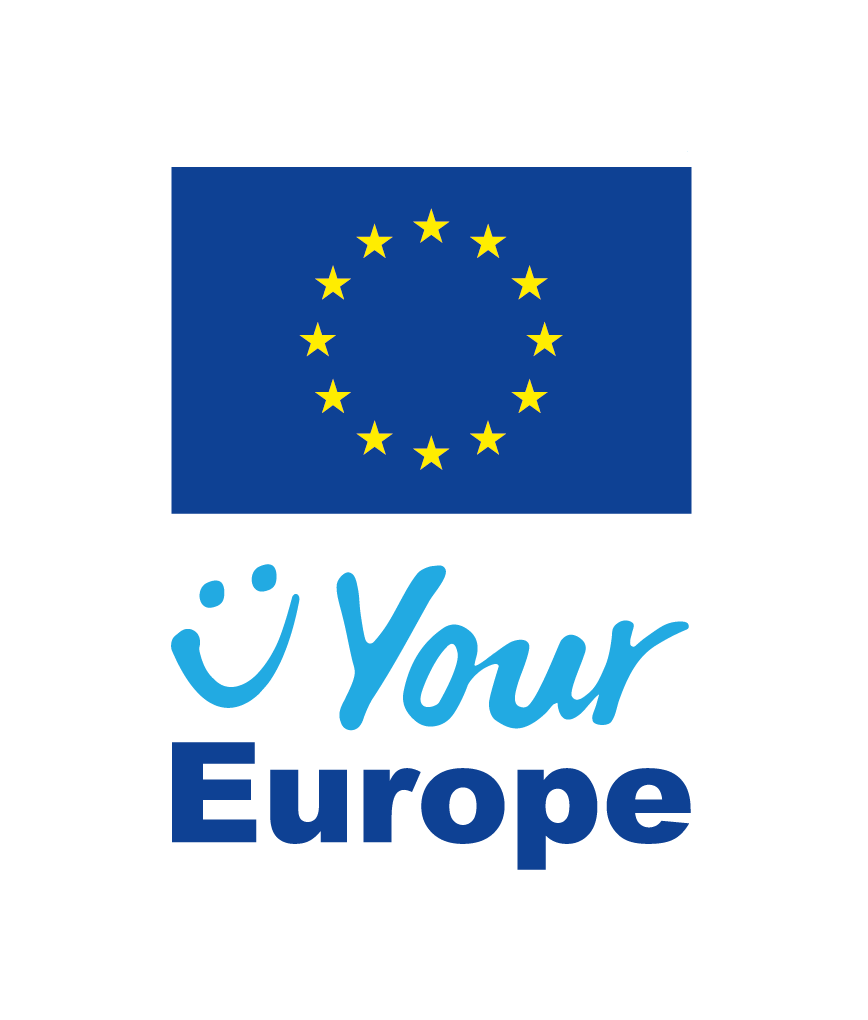To enable us to process your application and check that you fulfil the conditions for marriage, we will request personal information about you and your partner. We will also ask you to document that the conditions for entering into marriage are met.
The documents we will request and the applicable requirements regarding these documents will depend on the answers you give in your application and the country which issued the documents.
If you are unable to enclose one or more of the documents we request, you must state this on the application form. It is important that you state why you are unable to enclose the document(s) we ask for.
Your signature on the application must be signed by hand in order to be considered a valid signature. Therefore, digital signatures cannot be used, for instance Adobe or Paint.
The requirement regarding signatures does not apply if you are both applying with an MitID. The requirement also does not apply to the party that has MitID, if you submit separate applications.
We recommend that you have the following information and documents at hand before starting to fill in the application form:
- your passport – you must enclose photographs of all pages of your passport including the front and back page, including blank pages– the photographs must be in colour and it is important that they are of very good quality or
- your ID card (for EU citizens only) – we must receive photographs of both sides of the ID card – the photographs must be in colour and it is important that they are of very good quality
- documentation of the right to enter and reside in Denmark. Go to lawful residence to read more about the documentation requirements
- any certificate of marital status from your current country of residence. If you live in Denmark, you do not need to enclose documentation of your marital status
- certificate of residence or other documentation if you have a joint residence abroad. The document must be enclosed in both the original language and translated into either English or German
- if you have one or more joint children – birth certificate(s) for your child(ren). The document must be enclosed in both the original language and translated into either English or German
- if you have been married previously, you must enclose documentation confirming that the marriage has been annulled through divorce, death or revocatory action: 1) photograph or copy of a divorce decree, 2) photograph or copy of a death certificate, or 3) or photograph or copy of the revocatory action judgement.
The documents must be enclosed in both the original language and translated into either English or German.
You may be required to have the documents legalised or endorsed by an apostille.
If the marriage has been annulled in Denmark, you will not normally have to enclose documentation verifying that the marriage has ceased.

